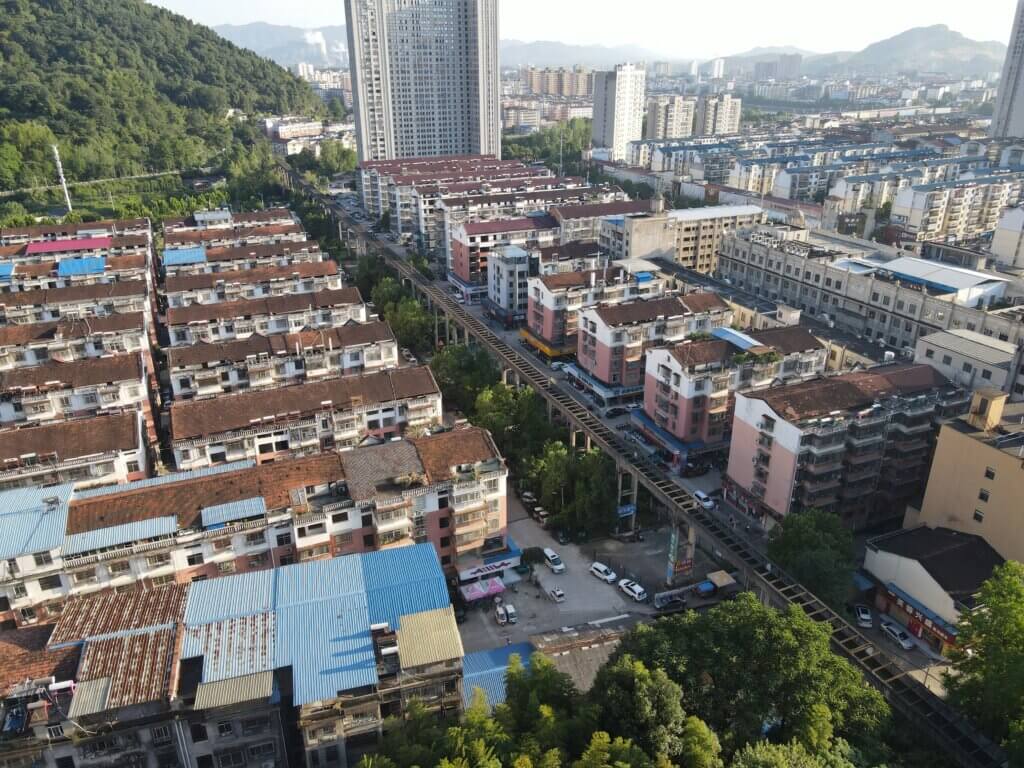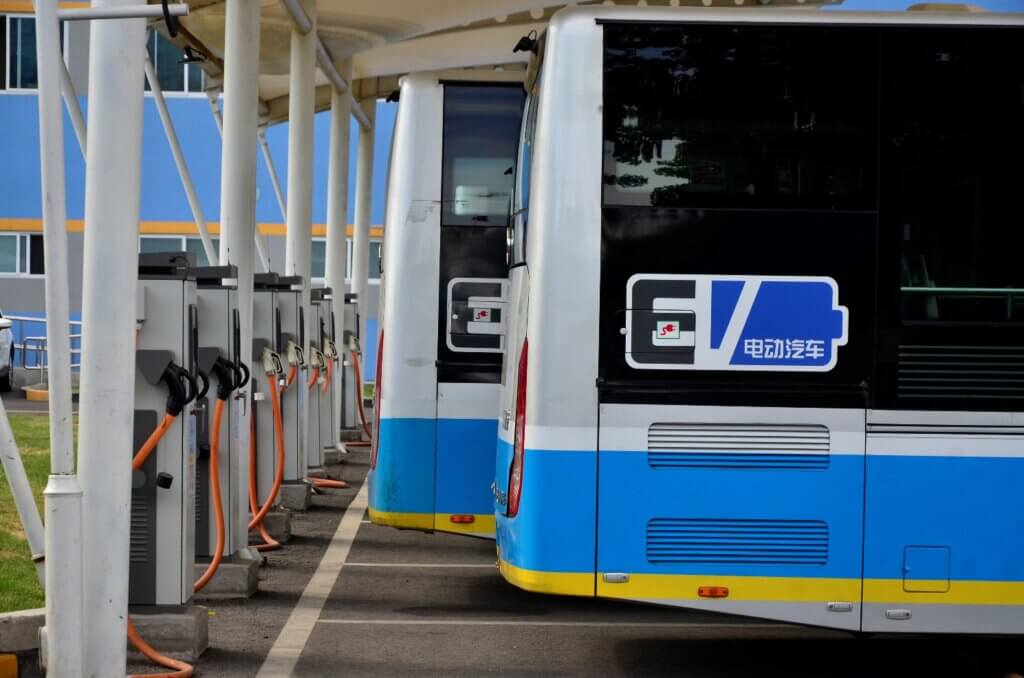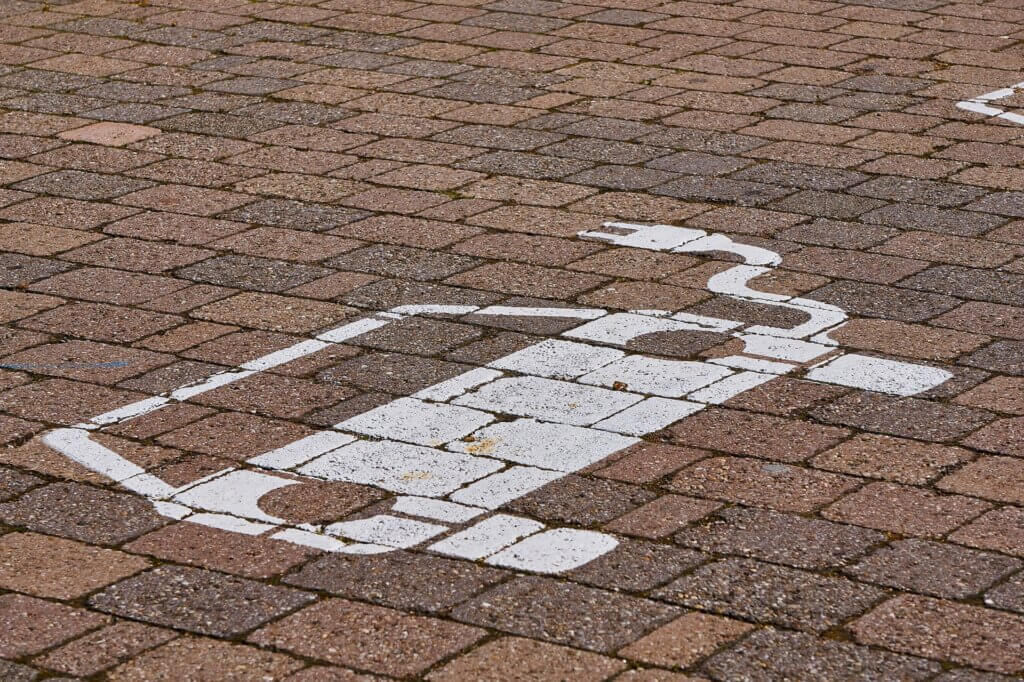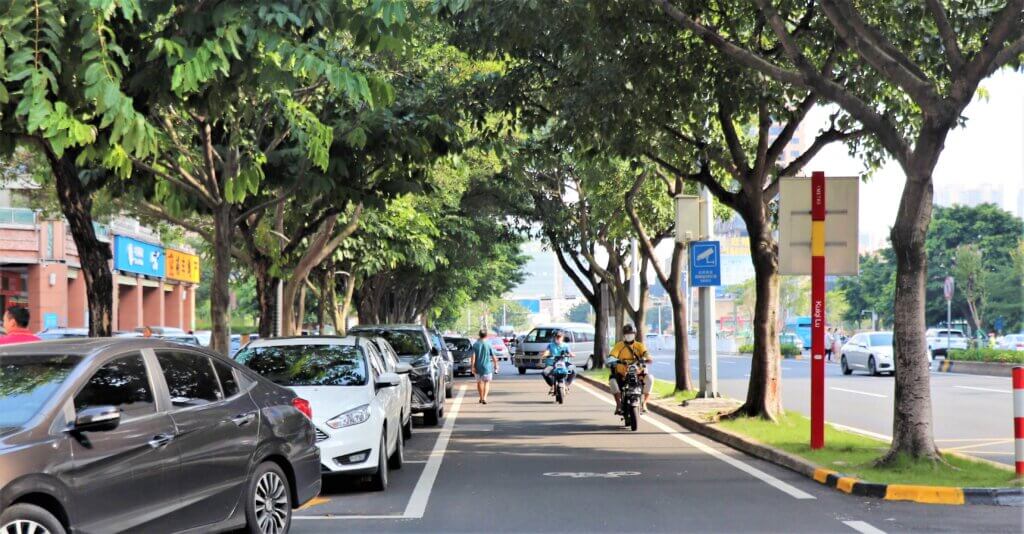气候融资缺口基金,用于支持咸宁市制定气候适应计划和综合交通的早期项目准备

GIZ代表城市气候融资缺口基金(Gap基金),目前正在为咸宁市实施一项技术援助(TA)项目,以帮助咸宁市在综合交通基础设施项目概念的早期开发。项目概念包括减缓和适应气候变化的组成部分,如水道和绿道、公共交通和自行车、水和废水基础设施以及城市再生。
E-Bus Development in China: From Fleet Electrification to Refined Management

The “Study on Technical System of the Life Cycle of Battery Electric Buses” follows the life cycle stations of battery electric buses, from its procurement, charging, operation, maintenance, to the decommissioning of batteries. It provides a technical guide for stakeholders in each of the procedures to achieve safety, efficiency, and sustainability. As part of the study, eight case cities covering various geographic area and social-economic level were identified: Zhengzhou, Chengdu, Shenzhen, Jinan, Guangzhou, Shenyang, Yinchuan, and Xi’an. Through surveys and interviews, the study collected first-hand data on the challenges, solutions, and best practices in these cities. Based on literature review, comparative analyses, field study, and expert consultations, the study then provides recommendations for all relevant stakeholders.
BARRIER-FREE TRANSPORT: OVERVIEW OF DEVELOPMENTS IN THE EUROPEAN UNION AND GERMANY

Barrier-free transport is a key element of sustainable, climate-friendly and inclusive cities. This report gives an overview of the main policies, standards and best practices regarding barrier-free transport in Germany and the EU. It’s part of the work on Sustainable Urban Mobility Planning (SUMP) and the bilateral exchanges between Germany and China on sustainable transport, which is implemented by the sustainable mobility team of GIZ in China.
International Best Practices in Mobility-as-a-Service (MaaS) at the ITS World Congress

On 12th October, 2021, as part of the ITS World Congress in Hamburg, the Sino-German Cooperation on Low Carbon Transport (CLCT) project of the Deutsche Gesellschaft für Internationale Zusammenarbeit (GIZ) GmbH organised the session Mobility-as-a-Service: International best practices on low carbon transport and mobility integration. The session brought together Mobility-as-a-Service (MaaS) operators and experts from Europe, India, and China to present on MaaS development in different regional contexts.
1+N – Policy Briefing: Action Plan For Carbon Dioxide Peaking Before 2030

This Action Plan is formulated to advance actions on carbon dioxide peaking in further implementing the major strategic decisions by the Central Committee of the Communist Party of China (CPC) and the State Council to peak carbon dioxide emissions and achieve carbon neutrality.
1+N – Policy Briefing: Working Guidance For Carbon Dioxide Peaking And Carbon Neutrality

Released on 24 October 2021, the policy can be understood as the top-level green and low carbon transition guidance for China’s national and international development strategy. It is the first policy of China’s “1+N” policy system for carbon dioxide peaking and carbon neutrality.
Final Workshop – Study on the Promotion and Adoption of New Energy Vehicles (NEVs) in the Field of Urban Logistics Distribution

On September 13, 2021, following the kick-off and interim workshops, the final workshop on the study “Research on the Promotion and Adoption of New Energy Vehicles (NEVs) in the Field of Urban Logistics Distribution” took place.
Overview on Battery Swapping and Battery-as-a-Service (BaaS) in China

Battery swapping is seen as a complement to conventional charging, allowing the change of battery packs within minutes, whereas Battery-as-a-Service (BaaS) is offering innovative business models linked to the energy sector. This document provides an overview on status quo of battery swapping and BaaS in China.
SUMP Foshan Pilot: First Implementation of SUMP Concept in China

On 7 July 2021, the Sustainable Urban Mobility Plan (SUMP) Foshan pilot was jointly launched by the Deutsche Gesellschaft für Internationale Zusammenarbeit (GIZ) GmbH together with the Foshan Public Transport Management Company (Foshan TC Company) under the support of the Foshan City Transportation Bureau.
New Report Released: CRTEM / HBEFA China Road Transport Emission Model

The “China Road Transport Emission Model” (CRTEM) presented in this paper – also known as “HBEFA China” – is a model for bottom-up emissions calculations for road transport that allows estimating the emission impact of different types of policies.